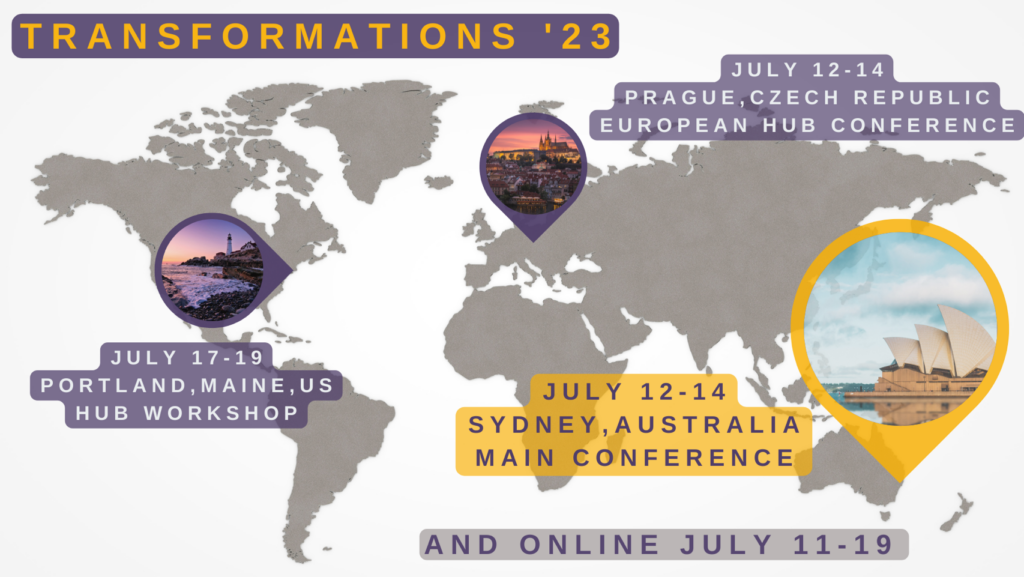What is a Bioregion?
The term bioregion is shorthand for ‘bio-cultural region.’ It includes the land, water, and air, or biosphere that we live in. The term bioregion is rooted in the idea that culture evolves from place and develops in relationship to the natural ecosystems we inhabit.
A bioregion is defined by the characteristics of the natural and social environment rather than by the political boundaries of county, province, or state divisions. For example, the Casco Bay bioregion begins in the snow-capped peaks of the White Mountains and forms a set of watersheds that drain into the “lobster coast” of coastal Maine. For over 12,000 years, people have been living in this region with stories of survival, adaptation, and tradition. Colonial exploration and near genocide have sadly interrupted this way of life.
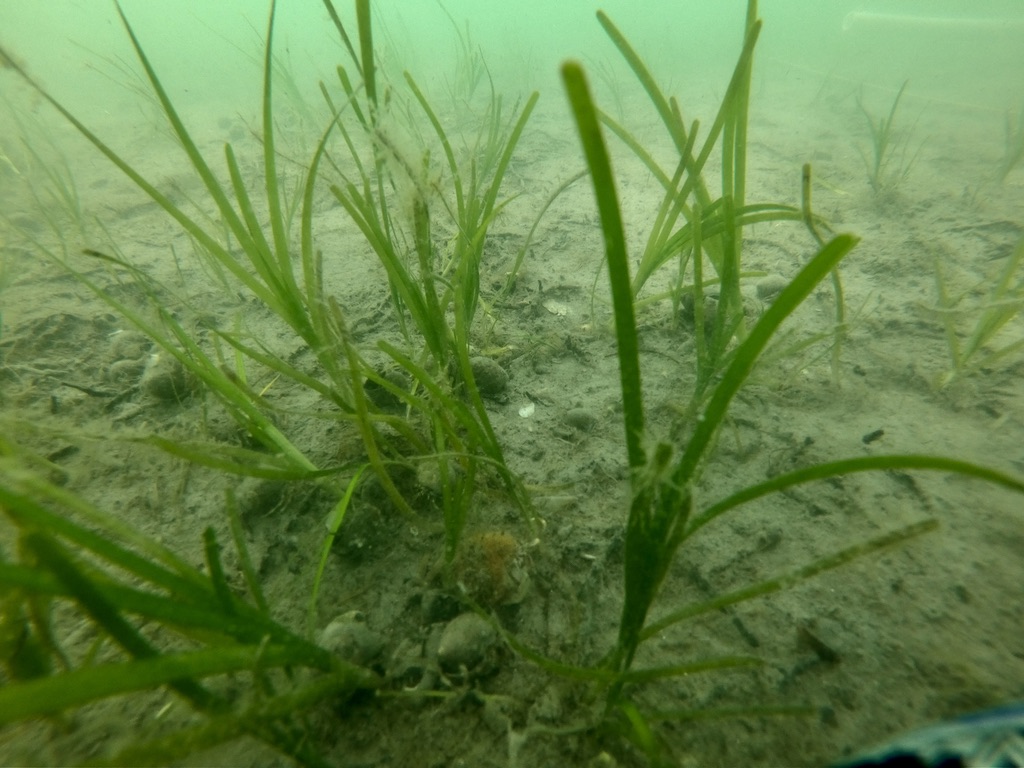
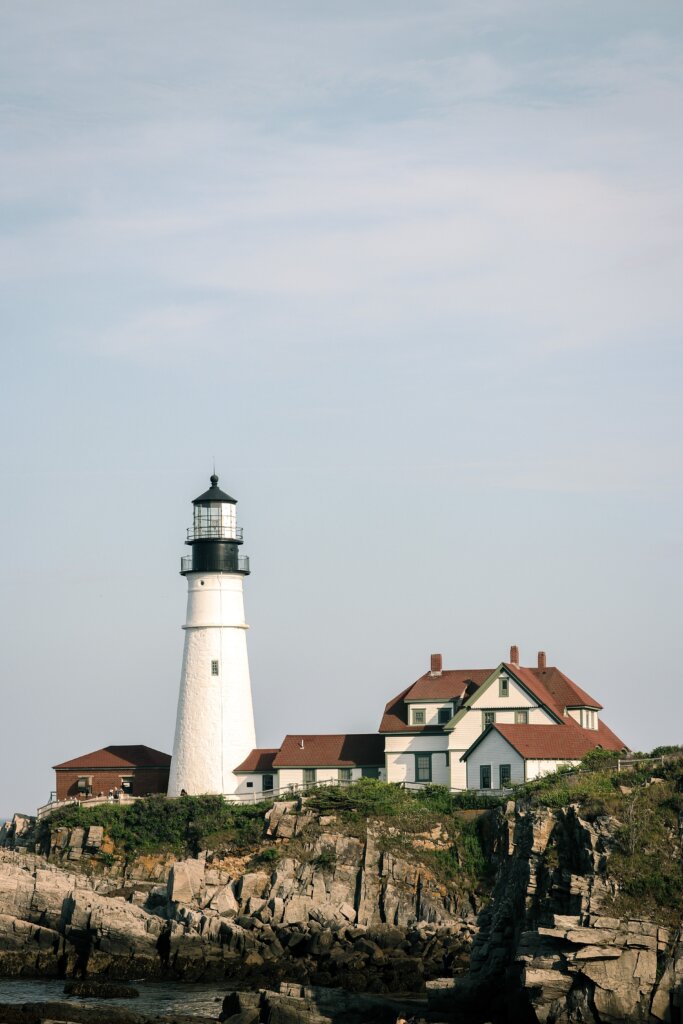
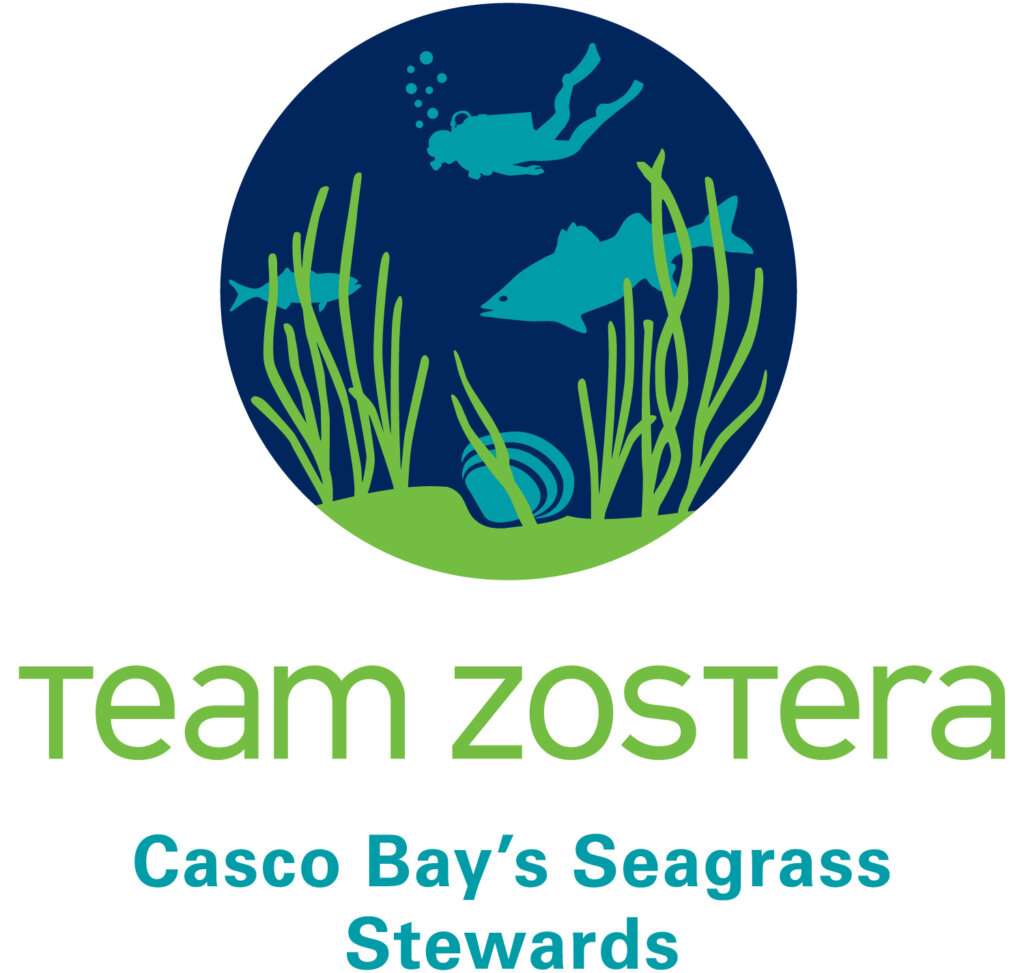
Why Seagrass Conservation?
Bioregionalism, at its most simple, is a philosophy that connects people and ideas to place in ways that are sustainable, democratic, and just. Team Zostera was created to serve as catalyst for stewardship of our land, air and water – learning how to listen to our family of all living things. Seagrasses serve as the ideal proxy or “canary in the coal mine” for bioregional health, we just need to learn how to listen. If our seagrasses could talk, what would they say?
Join us as we form six working groups and discover pathways to the world’s most challenging issues. We will use bioregions to break large issues down to a local level, magnify solutions being practiced in a community, and create accessible pathways for every person living in a region to get active about issues they care about.
The community living within a bioregion knows its needs best and are the best-suited representatives to govern those needs.
Bioregioning re-connects people with natural systems, and each other, through the places where we live, enabling deeper understanding of the interdependence between us and our past, present and emerging future.
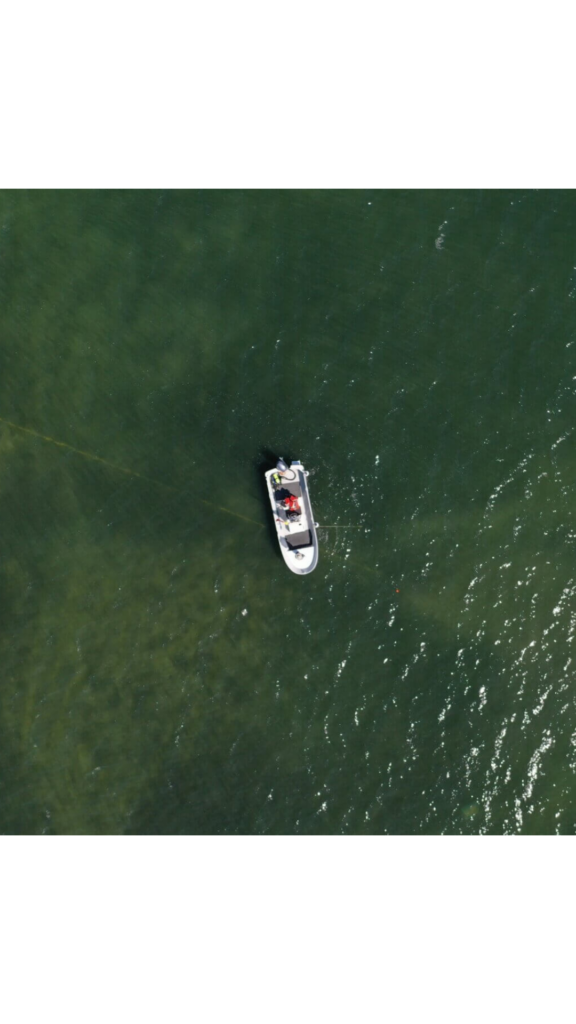

Our Bioregions of Focus
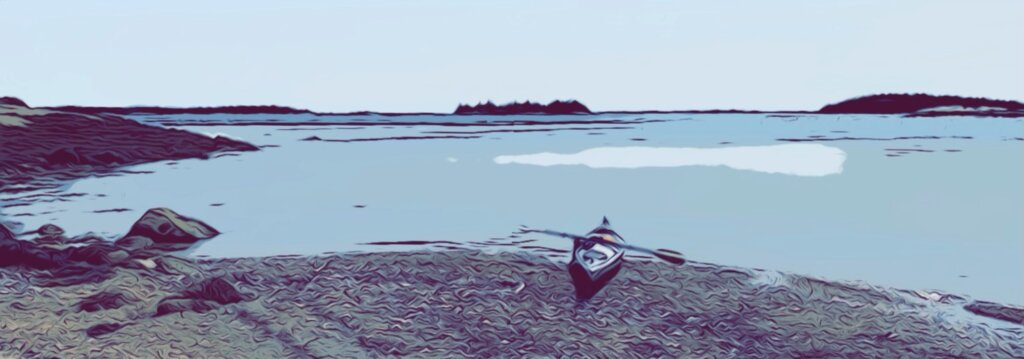
Casco Bay, Maine, U.S.A.
Our major focus here is on seeing, connecting and accelerating the “green shoots” of transformative change that surrounds us in the coastal ecosystem of the Casco Bay bioregion. Nested within the wider Gulf of Maine, just one of the watersheds that drains this bioregion (Presumpscot) covers 985 square miles.
According to the Casco Bay National Estuary Partnership, this watershed represents 4.4% of Maine’s land area and includes 48 municipalities, 25% of the state’s population, 32% of active employment, and 38% of economic productivity, as measured by GRP. Casco Bay is a tidally dominated ecosystem with 575 miles of shoreline over 360 islands, receiving fresh water from Presumpscot River, Royal River, Kennebec River (indirectly), and 31 smaller tributaries (Casco Bay Estuary Partnership, 2021).
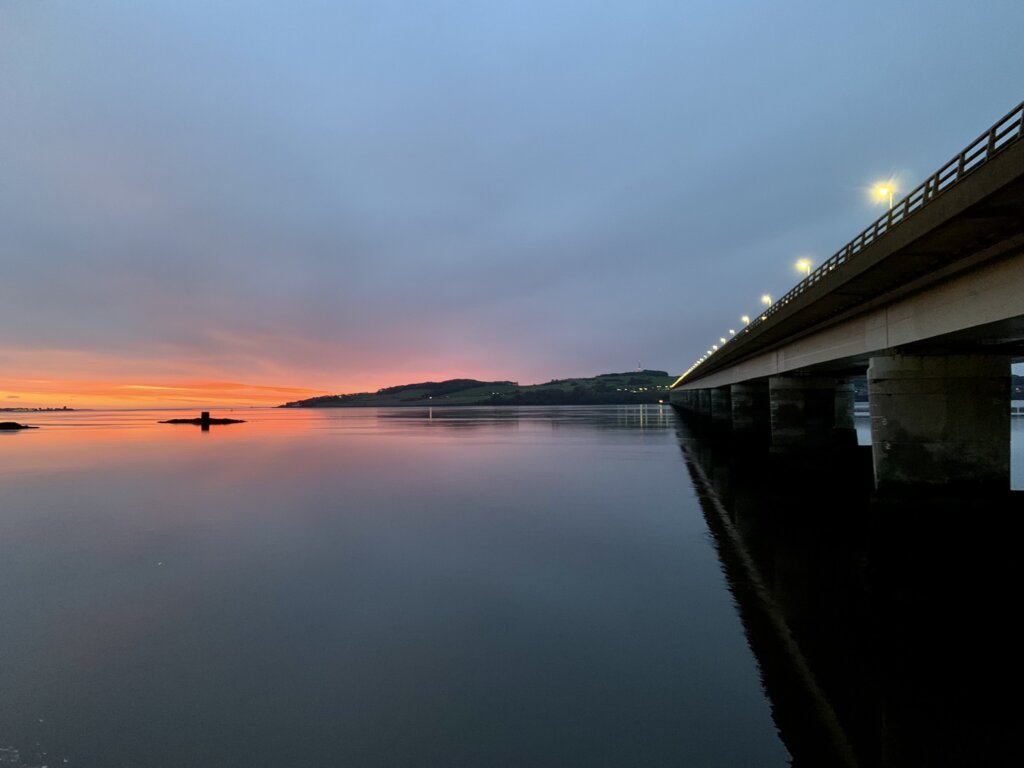
Tayside, Scotland
The Tayside Bioregion, a diverse and beautiful bioregion in Scotland (north of Edinburgh and Glasgow) will serve as the bioregion of focus for the online participants. Leaders from Bioregioining Tayside as well as partners and colleagues will be present on the workshop to offer a specific location to discuss what could be a bioregional theory of transformation.
This is a community-led effort to better realize the bioregional potential, remembering the primacy of natural systems in survival, reconnecting with those natural systems, re-orientating human activity to promote resilient environments and livelihoods and restore the natural systems on which we all depend.

Seagrass Meadows are Super Heroes
Seagrasses actually bioengineer our coastal environments by slowing the flow of water, which trap particles, and improves the environment and creates amazing habitat. We owe them a huge DEBT OF GRATITUDE as they have supported our well-being by creating nurseries for fish, protecting our coastlines, filtering coastal waters, removing carbon, and are stunningly beautiful to swim in. If you were a green sea turtle, manatee, or striped bass you too would RAVE about seagrasses!
July 17-19, 2023
READY FOR MORE?
The North American Hub will be held from July 17th–19th.
Join us in person for a series of working groups exploring place-based transformation, or join our online experience focusing on how to create a bioregional theory of transformation.
